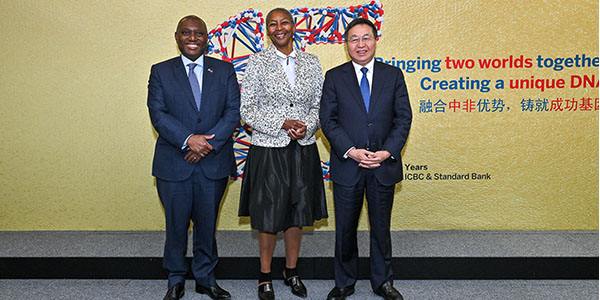Africa has its targets set on increased levels of regional integration. In fact, if prosperity, social cohesion, and human development are the objective, then regional integration is the best, and indeed only, way forward.
The objectives of the African Continental Free Trade Agreement (AfCFTA) aim to create a single continental market for goods and services and to allow for the liberal movement of business, persons and investments across borders within Africa. Additionally, it seeks to pave the way for the eventual establishment of an African customs union (an ambitious long term objective) and to expand intra-African trade through a greater harmonisation and coordination of trade liberalisation. It will create better trade facilitation regimes and instruments across Regional Economic Communities (RECs) and across Africa in general, and resolve the challenges of multiple and overlapping REC memberships and promote the regional and continental integration processes. Finally, it is expected to enhance competitiveness at, both, industry and enterprise level via opportunities for greater economy of scale, continental market access and an optimization in the utilisation and allocation of resources.

The goal of the new trade agreement is to make it easier to do business across the continent, but it should be seen as the commencement of a process and not just a single event. Naturally, we can expect it will take some time before its full implementation.
The AfCFTA is part and parcel of a gradual harmonisation of African trade and investment policies to facilitate much greater levels of intra-African trade and investment. The idea is to create one of the world’s largest FTA, particularly if we consider the number of countries participating. The potential market size is in excess of 1.27 billion people with a combined GDP of more than $3,6 trillion. These figures represent a significant worldwide imprint and impact. Currently, 54 out of the 55 AU member states have signed the AfCFTA – 37 countries have ratified the Agreement; 17 have signed it; and only one still has to sign and ratify it. This is a milestone.
It is seen as a decision that has the potential to create business opportunities and jobs all across Africa, while reducing the cost of many goods in shops and markets.



